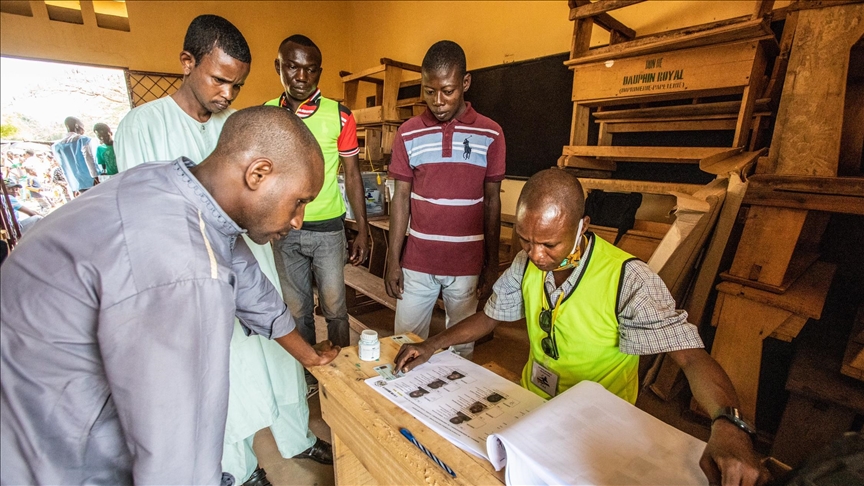
More than 95% of voters in the Central African Republic approved a new constitution that could extend the president’s term of office, the committee in charge of overseeing the referendum said Sunday.
The proposed new constitution was approved by 95.21% of the country’s nearly 2 million registered voters.
The results of the constitutional referendum held on July 30 are “provisional,” according to the referendum operations committee.
The new constitution allows President Faustin-Archange Touadera, who was re-elected in 2020, to run for a third term.
Touadera’s opponents, who accuse him of wanting to stay in power forever, had challenged the reform, which would abolish the two-term limit and extend the presidential mandate from five to seven years, meaning the time that a candidate could serve as president would be unlimited.
Civil society organizations and armed rebel groups had also called for a boycott of the ballot.
But the vote took place “in a peaceful atmosphere,” according to the observation mission of the Economic Community of Central African States (ECCAS).
Touadera previously announced that Russia and Rwanda would “support” the securing of the ballot.
The idea of this referendum, which arose in March 2022 during a national dialogue dedicated to reconciliation with the opposition, was also rejected by the Constitutional Court in September 2022, notably with the cancellation of a committee tasked with drafting the new constitution.
Daniele Darlan, the president of the court at the time, was retired in favor of Jean-Pierre Waboue, who ruled that the referendum project was legal.
Central African Republic government officials threatened and harassed opponents of the referendum and the authorities banned an opposition demonstration in the capital, Bangui, according to Human Rights Watch (HRW).
The 2016 constitution does not sufficiently reflect the deep aspirations of the country’s people, according to Touadera.
“The people are above the constitution. As the democratically elected president, I cannot remain insensitive to the pressing and legitimate demands of the sovereign people to provide our country with a new constitution,” he publicly declared on May 30.
